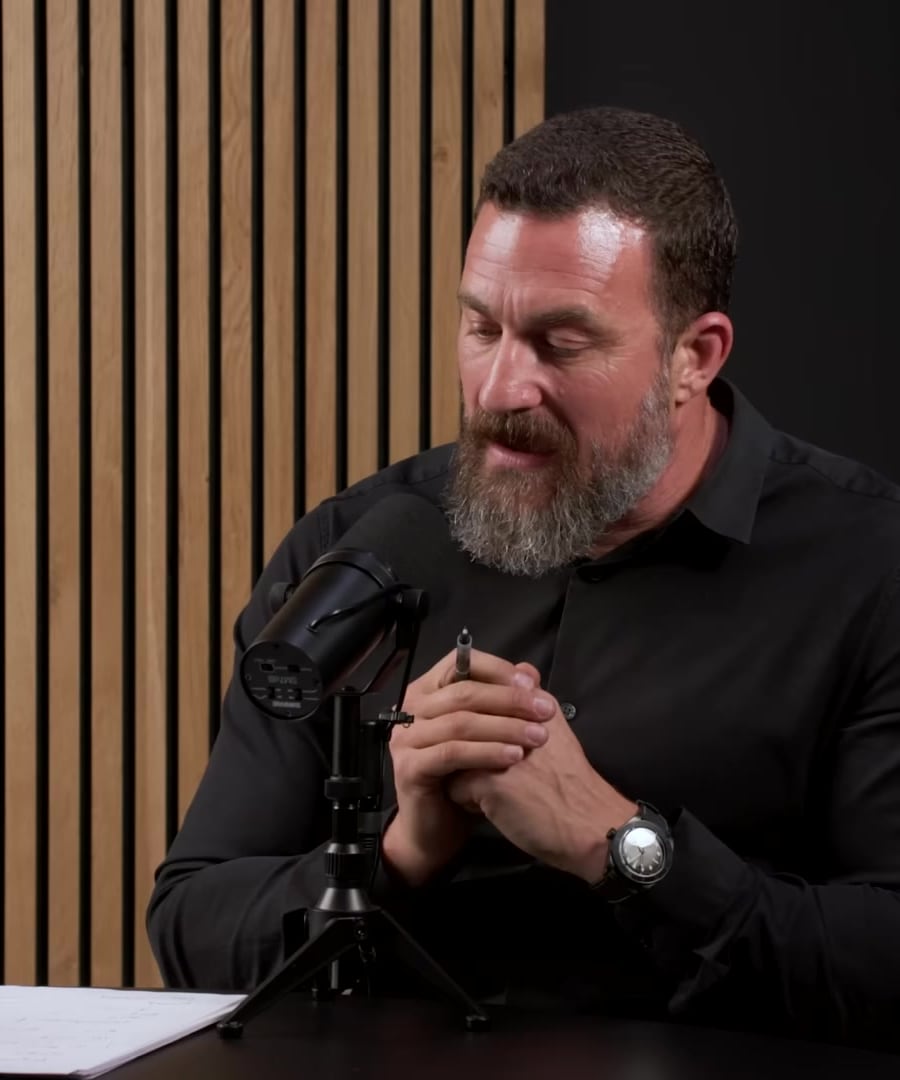Anterior mid cingulate cortex
Sources:
The anterior mid cingulate cortex (aMCC) is recognized as a central hub in the brain, playing crucial roles in the processes relating to willpower, tenacity, and emotional and physiological responses.
Functions and Connectivity
-
Modulation of Bodily Functions: The aMCC interacts with various brain areas to modulate autonomic functions like heart rate and breathing, as well as the immune system, and even influences the endocrine system regulating hormones like estrogen and testosterone. It is integrally involved in emotions, efforts, pain perception, and overall psychological resilience [1].
-
Role in Behavior and Learning: It regulates behavioral patterns by either promoting or suppressing certain behaviors. Its connectivity to reward pathways involves neurotransmitter interaction, like dopamine, influencing motivational aspects of behavior [1].
Activation and Structural Impact
- Interaction with Physical activity: Physical actions, particularly those overcoming resistance (like exercise), significantly activate the aMCC, linking physical exertion to mental and emotional fortitude [2].
- Biochemical and Neurological Changes: It's enriched with components like chemokines, receptors to neurotrophins, and NMDA receptors, which facilitate synaptic plasticity, crucial for learning new skills and building psychological resilience [2].
Influence on Willpower and Psychological Pressure
- Growth and Size Variability: Psychological challenges like resisting impulses or enduring difficult tasks can increase the size of the aMCC, enhancing one's capacity for willpower and perseverance. It's noted to be smaller in individuals facing challenges like obesity but enlarges with facing and overcoming such challenges [3].
- Sensory and Psychological Effects: Stimulation studies reveal that activating the aMCC can instill sensations of impending challenge or psychological pressure, emphasizing its role in preparing the individual for stressful or demanding situations [4].
Overall, the aMCC is pivotal not just in bodily functions but profoundly influences our psychological makeup, affecting how we handle stress, challenges, and our overarching zeal for life, as remarked upon by Dr. Huberman and his guests on the .
RELATED QUESTIONS-



